Graham Reid | | 2 min read
Final Rescue Attempt
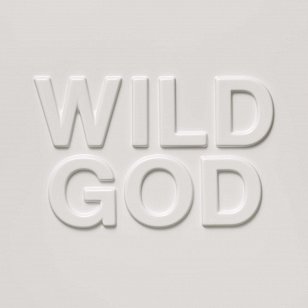
About 10 years ago I was invited to introduce Nick Cave to an audience which had turned up to see his film 20,000 Days on Earth – a fiction which looks like a doco about a few days talking and recording – and then engage in a Q&A session.
He was delightful: business-like, undemanding, witty, accommodating and generous.
He and I chatted a little beforehand – I wrote about all this here, and the subsequent concert – and it was a lot of fun. Even when it went off the rails as you may read.
Some time later I was talking with a longtime friend and Cave fan, and mentioned the suit he was wearing.
“Pretty filthy was it?” my friend said.
I was shocked. In what I wrote I described it as worth more than my car. He also wore expensive shoes.
But the comment reminded me of how artists – indeed anyone – can be trapped by a prior perception of them.
Cave certainly had his wild and decadent years – two decades of heroin can do that – but for at least a decade he has been dapper and, as I said, delightful.
My friend – a fan I remind you – hadn't got the memo, as they say.
Despite his music of spiritual unease, these days Nick Cave finds himself a respected concert attraction whose lyrics reward serious textual analysis for their emotional intensity and seemingly incongruous mix of Biblical imagery, personal history, mythology and the mundane.
Cave's recent losses – two sons, his mother, friends and former partner/Bad Seed Anita Lane, the subject of the honestly heartfelt but lesser O Wow O Wow (How Wonderful She Is) here – have changed him.
The angry, heroin-soaked nihilist of earlier decades is now – his contentious stance on a boycott of Israel aside – an almost avuncular and approachable secular preacher.
Cave's previous album Carnage (with longtime Bad Seed Warren Ellis), was an emotionally raw analysis of his ineffable sadness, and how a life damaged must be endured. It shivered with lyrical and musical beauty, appearing on numerous 2021 “best album” lists.
Wild God -- his first with the Bad Seeds since 2019's Ghosteen, with Radiohead bassist Colin Greenwood – suggests Cave has arrived at post-grief acceptance, if not understanding.
Alongside the brutal imagery in the declamatory Frogs – “crushed his brother's head in with a bone” -- Cave swings toward, “Oh Lord, the children in the heavens, jumping for joy, jumping for love and opening the sky above”.
He sings of healing (“after that, nothing ever really hurt again, not even ordinary pain” on Final Rescue Attempt), Cinnamon Horse is heartbreakingly truthful (“love asks for nothing, but love costs everything”) and the final, choral As the Waters Cover the Sea ends like a benediction: “Peace and good tiding He will bring”.
In the pivotal Joy a flaming boy says, “ 'We've all had too much sorrow. Now is the time for joy.' . . . the stars stand above the earth, bright, triumphant metaphors of love”.
Wild God offers resonant poetry, images from The Bible and William Blake, self-salvaging and finds hope and rapture in small moments of visualisation, compassion and love.
Once again, not easy Cave/Bad Seeds.
But addressing unease is what they do.
And Nick, in a bespoke suit, looks great doing it.
.
There is a considerable amount about Nick Cave -- including interviews -- at Elsewhere starting here.
.
You can hear this album at Spotify here

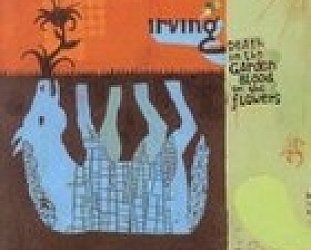
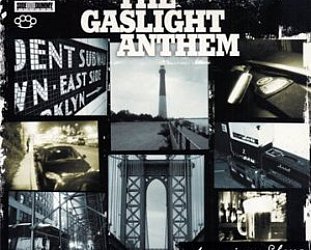
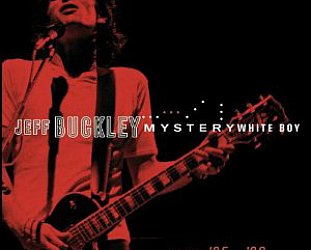
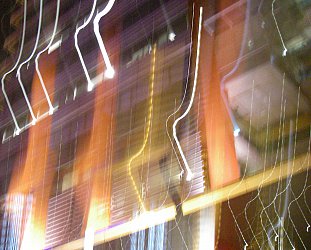
post a comment